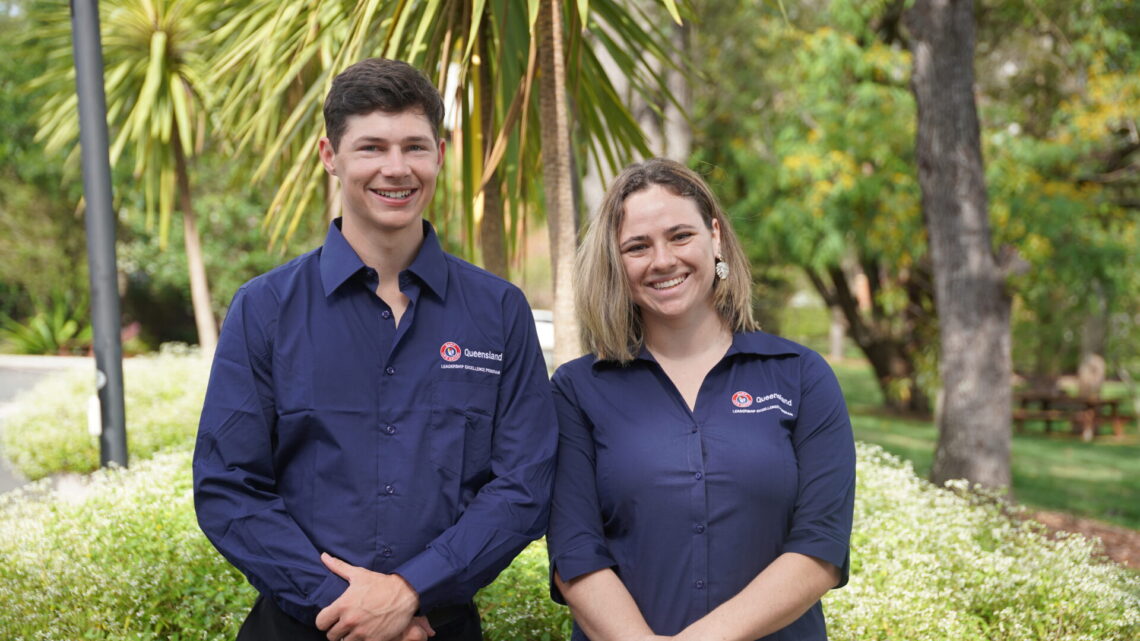You don’t have to wear a Patrol Captain shirt to be a leader, nor do you only need leadership skills on the beach. A leader isn’t just an authority figure or someone who gives orders, a leader can be anyone who provides direction, motivates and leverages the skills of their team to achieve a shared objective; at work, school, sport or on patrol.
A great leader possesses many different qualities. Here’s how you can grow into a better leader on and off the beach:
Lead by Example—Always
This is the golden rule of leadership. If you want others to be switched on, punctual, and respectful—be that person first. People notice when you lead with actions, not just words. Even when you think people aren’t watching – it’s not always the case.
Be Willing to Learn (and Ask Questions)
Leadership doesn’t mean you know everything—it means you’re always willing to grow. A culture of development and growth strengthens long term confidence and ability of you and your team. You will face challenges, but if you’re willing to embrace them and learn from them, you can turn obstacles into opportunities.
- Be curious
- Ask for help
- Embrace challenges
- Lead by learning
Support Your Team
Positive teams are built by people who look out for each other.
Collaborate with your team and help them to improve. Learning to delegate according to people’s strengths and providing constructive and positive feedback can help to strengthen your team, so you become the leader who promotes growth in others and in turn, yourself.
- Be constructive
- Be positive
- Be collaborative
- Be invested
Communicate Clearly and Confidently
Good leaders speak clearly, calmly, and with purpose. They also tailor their communication to suit different people and situations. Not everyone responds to the same type of communication. While some people might respond well to the directness of an assertive tone, others may interpret it at confrontational, leading them to feel intimidated and defensive.
Don’t underestimate the power of clear communication— it can save time, reduce confusion, or even save lives.
Tip: Evaluate the urgency and sensitivity of the situation as well as the person or people you’re communicating with to help set the tone and language you use.
Lift Others Up
Real leaders don’t compete with their teammates—they support and celebrate them.
- Acknowledge when someone does a great job or has a great idea
- Share what you’ve learned with others
- Encourage your peers to take opportunities
Leadership is about growing others, as well as yourself. Acknowledging individual and team achievements can help to build trust, confidence and motivation. Just as you should tailor your communication, you should tailor your feedback – even the positive stuff.
- Instead of: “Good job”
- Try: “That was great, I know how hard you worked on that – thank you.”
Leadership shows up in everyday moments—how you listen, how you act, and how you lift others up. Keep learning, stay true to your values, and lead in a way that makes a difference.
